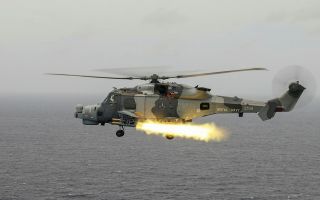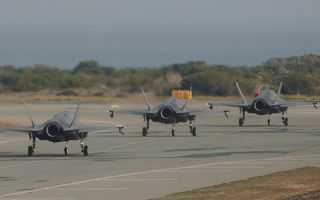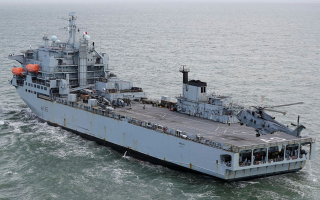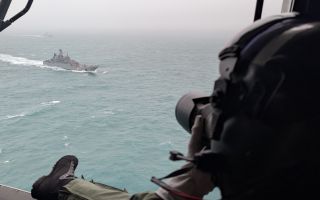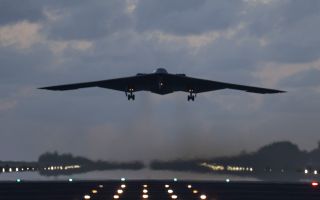What is the Geneva Convention and how does it apply to prisoners?
Even in war, there is law and the Geneva Conventions are the core of international humanitarian law.
Put in place to regulate conflict, the Geneva Conventions also protect those no longer participating in a conflict and those that never did.
According to Article 4, prisoners of war can be "members of the armed forces of a Party to the conflict as well as members of militias or volunteer corps forming part of such armed forces".
They can also be members of militias or volunteer groups who operate "in or outside their own territory, even if this territory is occupied".
It also includes members of the "regular armed forces who profess allegiance to a government or an authority not recognized by the Detaining Power" and anyone accompanying armed forces without being a member.
Watch: Russia releases footage of two Britons caught fighting with Ukraine.
In most cases, prisoners of war should be tried by military courts, but the code does allow for trial by civilian courts in some circumstances.
However, Article 84 of the Geneva Convention states: "In no circumstances whatever shall a prisoner of war be tried by a court of any kind which does not offer the essential guarantees of independence and impartiality".
Under the Geneva Conventions, mercenaries are defined as fighters who are not part of the conventional armed forces and are considered "unlawful combatants" not afforded any protection.
This week, two UK nationals, one a former British military veteran, were tried at a court in the pro-Russian seperatist Donetsk People's Rupublic.
Aiden Aslin, 28, from Nottinghamshire, Shaun Pinner, 48, from Bedfordshire, and a third man, Moroccan national Saaudun Brahim, appeared in a court that was not internationally recognised.
The British men are serving members of Ukraine's armed forces and the UK has made clear that they are prisoners of war entitled to immunity and should not face prosecution for taking part in hostilities.
Both were sentenced to death.
The impartiality of the court has been called into question, with the foreign secretary calling it a "sham judgement" with "absolutely no legitimacy".

